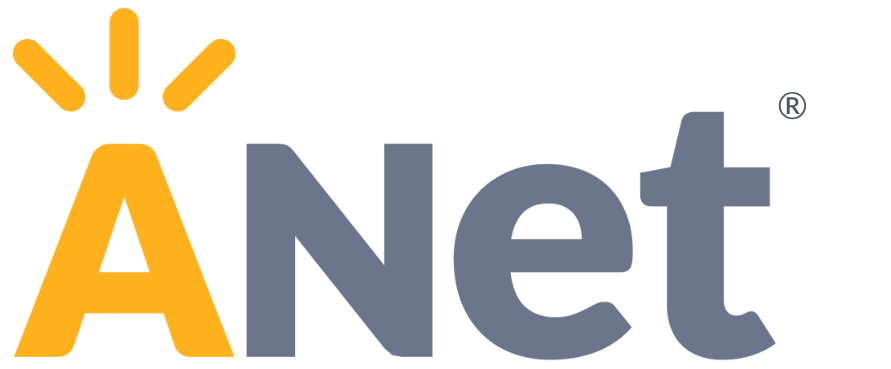by Sarah Tierney
Data from instructional assessments can give teachers and leaders powerful information that results in better, more targeted teaching and learning. But wouldn’t families benefit from learning about students’ strengths and areas of development, too? Garrison Elementary in Washington, D.C. thinks so.
We know that assessments have different purposes—evaluative purposes, predictive purposes, and instructional purposes. ANet assessments, for example, serve instructional purposes, as they are designed to diagnose students’ needs and inform future instruction. Any time you share information from assessments with families, it is critical to clarify the purpose of that assessment: What, precisely, is this data telling us about our students? That way, we all have a better understanding of how to use that data.
Click below to see resources such as a video of Garrison’s school leaders discussing their approach to sharing assessment data with families through academic passports. You’ll also find an “academic passport” that Garrison Elementary uses to share assessment data with students and parents. After all, bringing families into the process of assessment and instruction empowers us all to play a role in supporting our students’ academic achievement.
We’ve spent ten years learning from thousands of leaders and teachers across the country about the things that make a big difference for schools. Now, we want to give you the opportunity to do the same. We’ve organized these Lessons From the Field in the Resource Center—everything from harnessing the power of formative assessments to fostering a culture of adult learning.
Sarah is a director of new partnerships and former coach at ANet. She’s leading the Lessons From the Field project.

